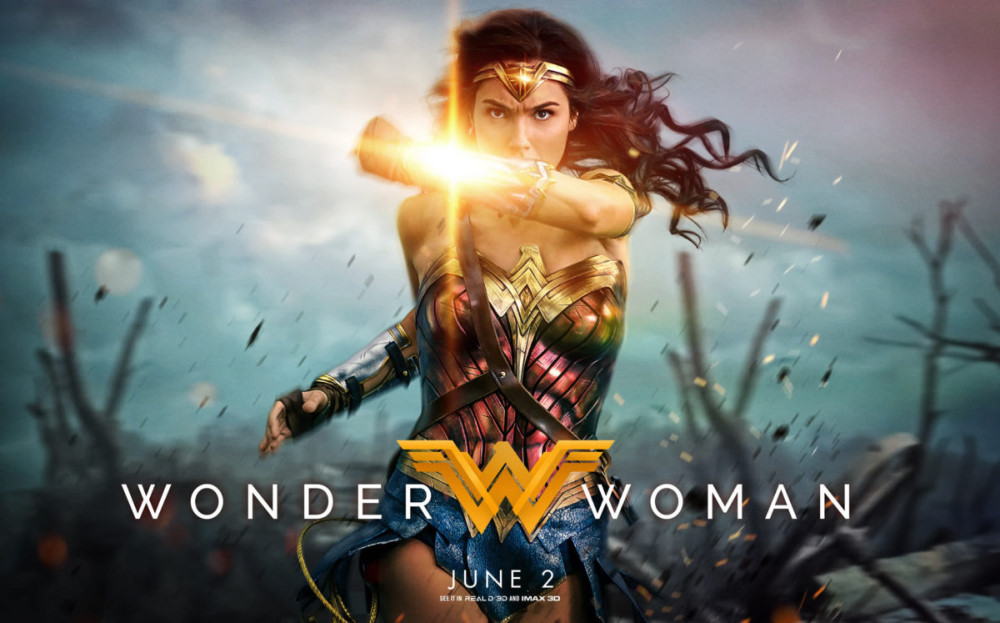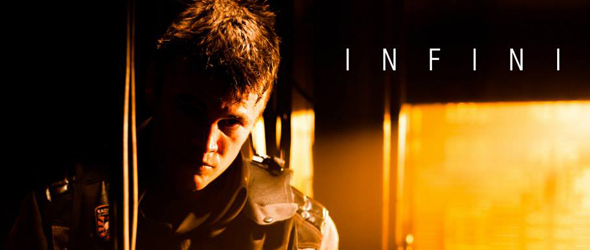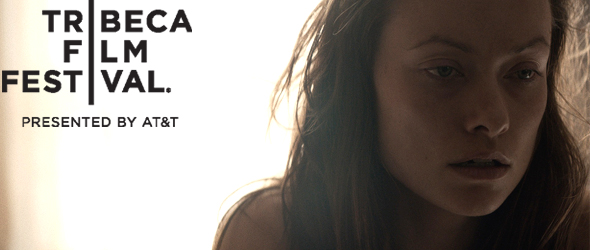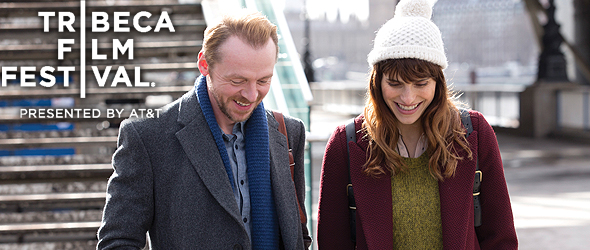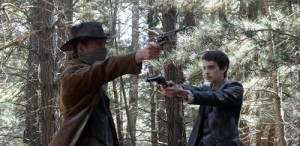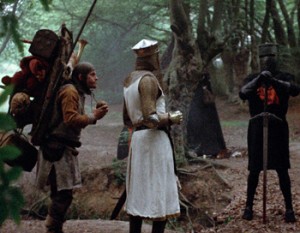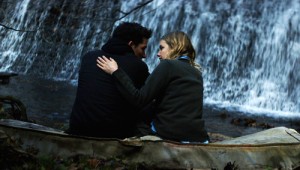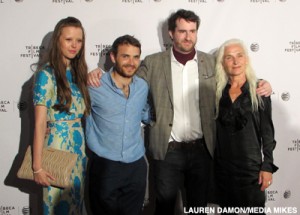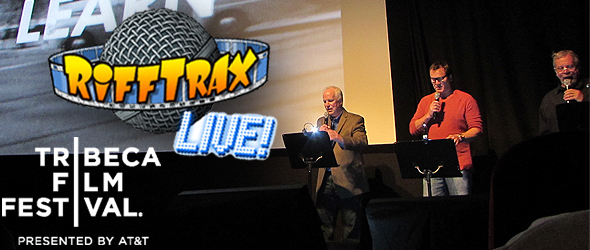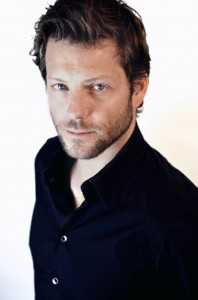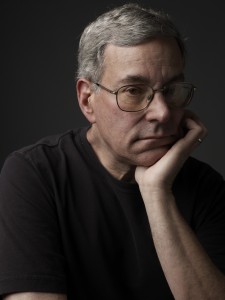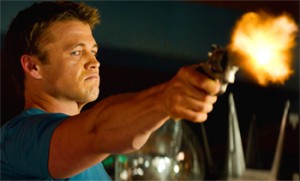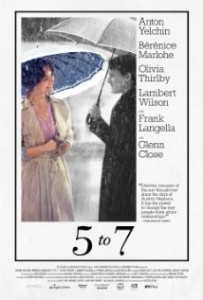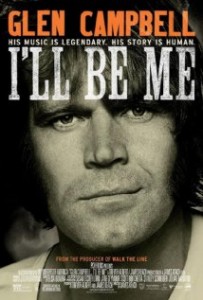Shane Abbess’s new scifi thriller Infini finds a rescue team on a mission to save the lone survivor of a biological outbreak on an abandoned off-world mining facility. The teleporting team all have to deal with the ominous confines of the station and each other once the contagion breaks loose. Luke Hemsworth stars as part of the team, technician Charlie Kent.
I spoke to Luke last month regarding his previous film Kill Me Three times and was pleased to get on the phone with him once again. The cheerful Australian actor was excited to be working on a sci-fi film that harkened back to an Alien-type vibe even while contending with acting in an extremely hot spacesuit.
Lauren Damon: Were you familiar with Shane Abbess or his work prior to this film?
Luke Hemsworth: I didn’t know Shane personally, I definitely knew Gabriel, his first film, and I thought that was a wonderful wonderful Australian film..One of the best things of come out in a long time. So it was a no brainer for me in terms of jumping on board. I would have paid to get on board really [laughs].
Damon: What appealed to you most about the story?
Hemsworth: You know, it’s different. It’s familiar and different, you know it sets up a convention and just when you think it’s going one direction, it punches in the other direction. And you know I think this is a world that I always really loved. Always loved you know, that era of ’79 to the mid-eighties—Alien, The Thing and just some of the films that I grew up on. So to get a chance to get into that world and feel close to those giants, it was something that was always really appealing.
Damon: Growing up what were your favorite sci-fi films?
Hemsworth: Oh Aliens. Alien one and two were always some of my favorite films. Predator and yeah, I’m a sci fi fan, you know Star Wars and all those. I’m in there, I love that stuff. I grew up reading fantasy books. Fantasy and sci fi sort of go a little bit hand in hand and you know…yeah I love it.
Damon: How much of that space station set was practical and how much was added later?
Hemsworth: It was all physical except for the exterior shots was all post, but everything was shot inside that studio. It was a physical studio. There’s very little green screen at all. I think there’s, I don’t know, a few shots when you see outside that are actually green screens. It was all very tactile, very—It was a wonderful set that was this beautiful, modular set, like a giant sort of Duplo set which they would take apart and then put back together in a very very short amount of time. And you know, you’d be looking at the ceiling which was just the floor a few moments ago…It was interesting, it was a bit of a mind trip…But yeah, I mean it was great.
Damon: Was it more challenging than usual to be working in primarily a space suit?
Hemsworth: Yes! Yeah absolutely! [Laughs] Uh, I don’t think I’ve ever sweated so much in all my life! You know, the poor wardrobe people that had to wash that suit at the end of every day, [laughs] I don’t wish that upon anyone. It was so hot in that studio. I mean it must have been, I don’ t know 110 degrees in there and then we’d chuck space suits and gloves on, helmets and neck warmers…Yeah, it was tough. It was definitely tough.
Damon: Did you do you own fighting? You have quite a big fight within those space station tunnels.
Hemsworth: That’s me, yeah yeah. I never had a stunt double. No, that’s us going at it. I mean, he is great—Bren [Foster], who got to beat the absolute living daylights out of me was you know, he’s a wonderful martial artist and there wasn’t any point where I felt I was in danger. It’s very controlled…It’s good. It’s great to do that stuff, I love doing the stunts. I’m always pretty physical so get me in there!
Damon: A lot of the fighting is spurred on in the story because of a rage-inducing contagion, did you guys have a lot of discussion about that sort of virus aspect of the sci fi you were dealing with?
Hemsworth: Yeah, there was always a lot of discussion beforehand and before the shoot. And then you know, I think each person kind of found a way in to that rage or whatever it was in a different way. So you’re going to get a little of a different interpretation every time. Which I found very interesting, you know? Because there’s no monsters, it’s not like we’re all zombies stumbling around. There’s a level of coherence to everyone which is kind of different to a lot of other things. Which is very fun, very fun to play with. You know being on the edge, running that knife edge of insanity and control. But yeah, you get there and you try a few things—I mean we’d go this way and we’d go that way and it was an intense few days in the tunnels. Those tunnels were a bit of a blur for me now…we were definitely up the river so to speak!
Damon: Before things go wrong, your character is a bit of a techie type. When you’re in a sci-fi project do you find yourself researching the science behind it either for the role or just out of personal interest?
Hemsworth: Absolutely, yeah. We all did. We all went very deep into our character. We did a lot of preparation beforehand. We did a couple of things. One day we had to do a presentation to the group and each one of us had to teach the other people one of their skills. Something about their skills. You know, Bren did a knife fight, there was a bit of a CPR course, a bio-med course and mine was obviously a technical aspect. Technical and weapons, that was my little thing so…I actually gave everyone a beautiful knife which was engraved with everyone’s name, each person’s name.
Damon: When it comes to movies, teleportation and space accidents just freak me out. I have to ask, if someone said you could teleport somewhere, would you do it?
Hemsworth: Yes! I can’t stand going on planes, get me there instantly any day! [Laughs]
Damon: But the risks…
Hemsworth: Yeah, c’mon, I mean what’s the worst that could happen?
Damon: Uh, your arm could just wind up in the wrong spot on the other side!
Hemsworth: [Laughs] That’s alright, just send me back and do it again, yeah?
Damon: Alright.
Damon: Last time we spoke, they’d just announced your casting in HBO’s Westworld, have you begun work on that yet?
Hemsworth: Still haven’t started yet. Soon, soon, this is all I’m hearing is ‘soon’. So it’s coming.
Damon: Were you familiar with the Yul Brynner film before you were cast?
Hemsworth: Westworld? No I hadn’t seen it, I actually still haven’t seen the original. I think the style’s going to be very different so …but I will watch it. It’s on the list—on the list to watch.
Damon: What do you think about the concept of that Westworld advanced theme park will appeal to the modern audience?
Hemsworth: Oh I think it’s a lot bigger than that. I think there’s a lot of questions about life and what is life and artificial intelligence, you know. There’s robots becoming self-aware amongst a whole range of moral ambiguities, things that appeal to the darker side of human nature. I think it’s going to be great.
Damon: Have you got anything else in the works, or just waiting to start up there?
Hemsworth: That’s it, just waiting, yeah. Can’t really do anything at the moment. Hopefully I’ll get the time to go back and do Shane’s next film which he’s about to start. I think they’re in pre-production now, so if there’s any time that I have to do that then I’ll be on board 100%.
Damon: Will that be another sci-fi film?
Hemsworth: It’s another sci fi. It’s actually called Sci Fi: Volume One. [Laughs] It’s awesome, it’s unreal, I can’t wait.
Damon: Are you able to share anything about it?
Hemsworth: I can say nothing! [laughs]
Damon: Okay, that’s fair! I think that’s a good place to end! That’s all I have on scifi today…
Hemsworth: Awesome.
Damon: Thanks for talking with me again.
Hemsworth: Alright, thank you
Infini is available now on all VOD platforms.
